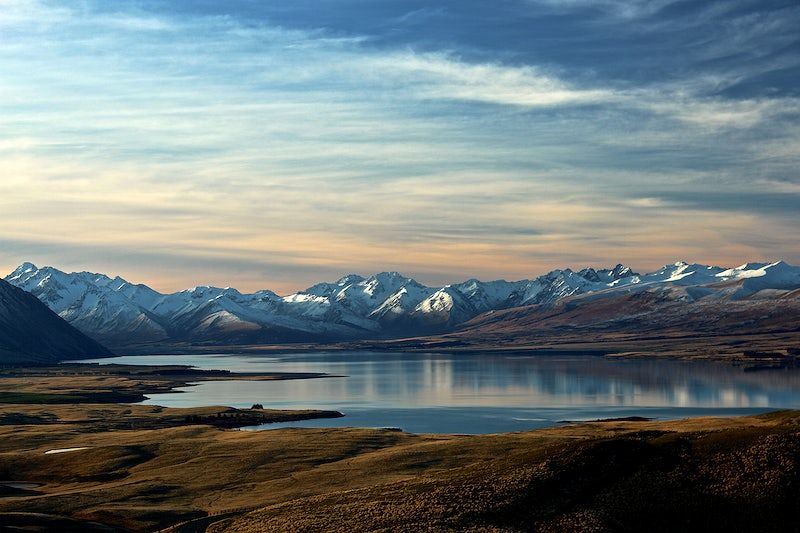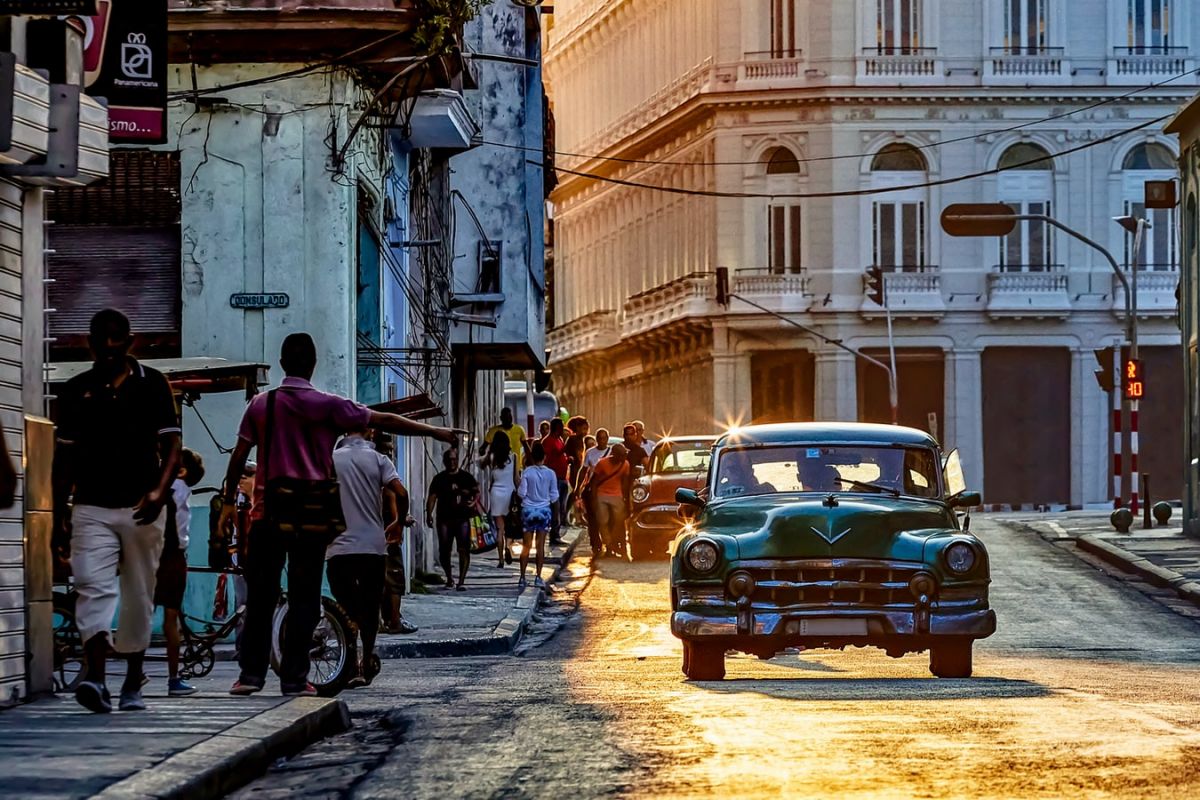20 facts about Great Britain
Great Britain is an island country in Western Europe. Its beginnings were quite modest when in 1603 its two component countries - England and Scotland ...
24 facts about North Korea
This country, distant to us and difficult to access as a tourist, holds many secrets. The way power is exercised there and what daily life is like for ...
32 facts about Kazakhstan
Kazakhstan is associated with vast expanses of space, with steppes, yurts, rural huts and gloomy apartment blocks that remember the Soviet era. The co ...























